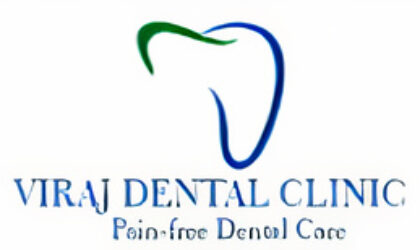Snoring and Sleep Apnea
Sleep apnea is a frequent and serious sleeping problem in which your normal breathing is disrupted while you sleep. Snoring is prevalent among sleep apnea patients, however, not all snorers have the condition.
There are two types of sleep apnea: obstructive and central.
Obstructive sleep apnea is a most common variety and is caused by a blockage of airflow while sleeping, which occurs when the soft tissue in the back of the throat compresses. Obesity and other health issues may have a role.
Central sleep apnea is the result of a malfunction in the way the brain communicates with the breathing muscles. The airway is not closed; rather, the brain fails to provide a breath signal to the muscles. Heart failure, brain tumors, brain infections, and stroke are all known to cause this type of sleep apnea.

Men are more prone to acquire this symptom than women, although it can affect anyone at any age. Those who are over 40, overweight, have large tonsils, a large tongue, or a tiny jaw, have a family history of sleep apnea, and have a nasal obstruction owing to a deviated septum, allergies, or sinus problems are at a higher risk.
It can cause a variety of health issues if left untreated, including high blood pressure, stroke, heart failure, irregular heartbeat, heart attack, diabetes depression, and worsening of ADHD.
However, it is treatable. There are various possibilities to it:
Changing your sleeping habits. This could just imply that you don’t sleep on your back.
Positive air pressure is maintained continuously (CPAP). This is a device that helps you breathe better as you sleep. While sleeping, the device provides air through the nasal passages, and the air pressure keeps the airway open.
Appliances for the mouth. To keep the airway from compressing, certain oral devices can adjust and support the jaw. Oral appliances have been shown in studies to effectively prevent sleep apnea in some mild to moderate instances.
Surgery. When other treatment options fail to eliminate the symptoms of sleep apnea, upper airway surgery may be suggested, according to the American Academy of Dental Sleep Medicine. The operation may be minimally invasive or more difficult, depending on the location and form of the airway obstruction. Tonsils or other sections of the soft palate or throat may need to be removed.
If you suspect you have sleep apnea, consult your doctor or dentist in gaur city for more information and a possible diagnosis.
When should you see a dentist in gaur city?
Consult a medical professional if you have, or your partner has, any of the following symptoms:
- Snoring that is loud enough to disrupt your sleep or the sleep of others
- waking up gasping for air or choking
- Taking a breather while sleeping
- Excessive daytime drowsiness, which may cause you to fall asleep while working, watching TV, or even driving a car
- Snoring does not always indicate a potentially serious problem, and not everyone who snores has obstructive sleep apnea.
If you snore loudly, consult your doctor, especially if your snoring is interrupted by periods of silence. When you have obstructive sleep apnea, your snoring is usually loudest when you sleep on your back, and it becomes quieter when you sleep on your side.
Consult your doctor if you are experiencing chronic fatigue, sleepiness, or irritability as a result of a sleep disorder. Other disorders, such as narcolepsy, can cause excessive daytime drowsiness.
